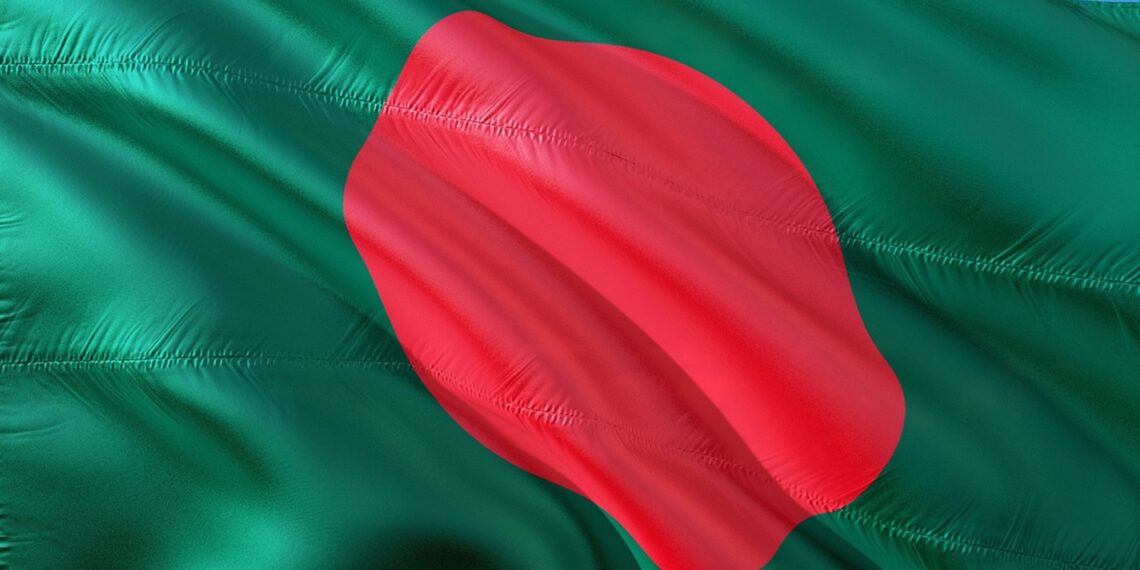As India executed ‘Operation Sindoor’ on Wednesday with precision missile strikes on nine terrorist infrastructure sites in Pakistan and POK, Bangladesh’s uncharacteristic silence is drawing significant regional and international attention.
‘Operation Sindoor’ has been in retaliation to the April 22 Pahalgam terrorist attacks, which killed 26 innocent civilians.
It is surprising that the Bangladesh interim government has maintained a ‘total silence’, refraining from issuing any official statements directly addressing the ‘Operation Sindoor’.
Following the missile strikes, global capitals from Washington to Beijing have issued statements urging restraint, while Islamabad responded with sharp rhetoric.
Yet, Dhaka remained noticeably mute. Observers note that Bangladesh’s ‘silence’ appears to be a deliberate strategy.
While countries like Sri Lanka and the Maldives expressed concern about regional stability, and Nepal issued a neutral appeal for peace, it surprised everyone that Bangladesh refrained from commenting altogether.
This abstention stands out in a region where diplomacy often takes the form of carefully worded statements.
Bangladesh seems to be positioning itself as a cautious observer—neither endorsing India’s action against terrorism, nor antagonizing Pakistan, its new-found ally.
It is surprising that Muhammad Yunus, who is a recipient of the Nobel Peace Prize, has maintained a conspicuous silence on India’s operation against trans-border terrorism.
It has raised serious questions about Dhaka’s stance amid escalating tensions between India and Pakistan.
It is pertinent to note that the Bangladesh’s silence on ‘Operation Sindoor’ is follow-up to the statement by retired Major General ALM Fazlur Rahman, who had called to seize India’s northeast if a war broke out between India and Pakistan.
A section of social scientists in Dhaka are of the opinion that with the changing dynamics of internal politics in Bangladesh, Muhammad Yunus’s ‘silence’ was a strategic calculus, and he did not want to antagonise the Jamaat camp.
The interim government under Muhammad Yunus is under tremendous pressure, and often needs to handle a volatile domestic arena, where anti-India sentiment occasionally flares up, especially among groups like the Jamaat and the BNP.
ALSO READ: Assam conducts statewide mock drills across civil defence districts
At the same time, Muhammad Yunus also needs to maintain ties with Pakistan and the broader Muslim world for domestic legitimacy because of the growing influence of the Jamaat.
But, Muhammad Yunus should not forget India’s role in Bangladesh’s Liberation War, and his country still relies heavily on India for trade, connectivity, and energy cooperation.
While Muhammad Yunus may try to describe his ‘silence’ as an act of prudence, the world is left to interpret what Bangladesh hasn’t said.















